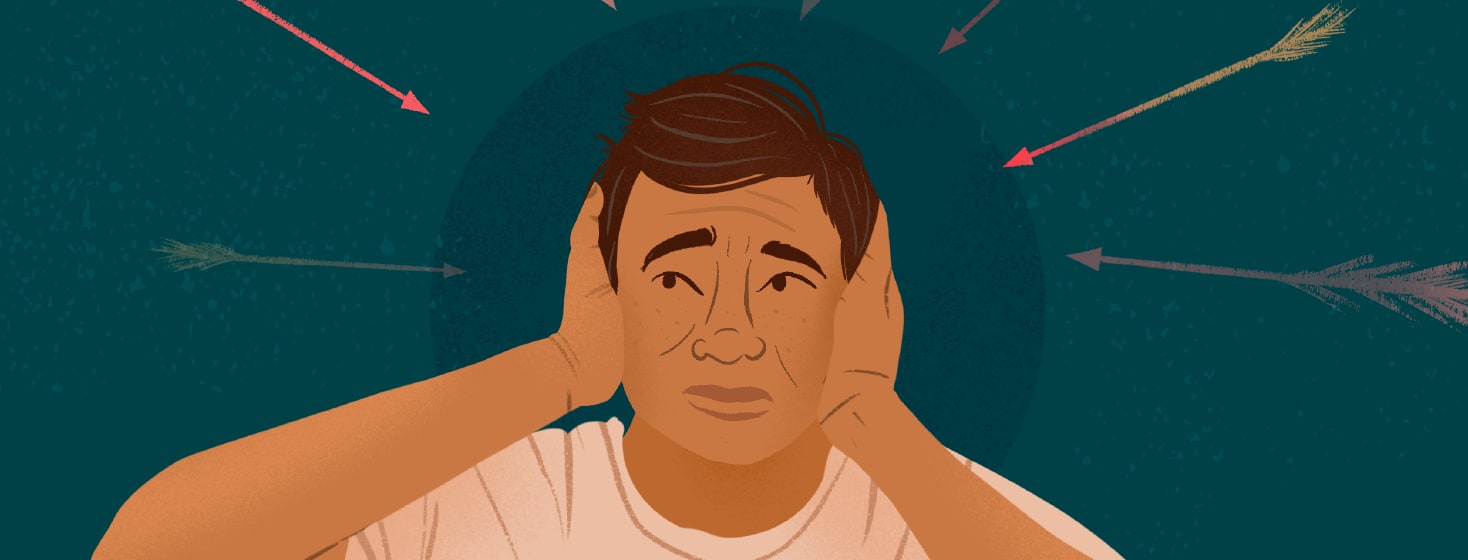Top 10 Mistakes After My Cancer Diagnosis
I was diagnosed with prostate cancer at age 57 and had no symptoms, health issues, or family history. All my blood work, including blood pressure, was optimal. I wasn’t taking any prescription medications. As a black belt in karate, I lived a healthy and active lifestyle, training daily, and had tons of energy. In addition, I cycled to and from work and hit the gym five days a week. Overall, I was in the best shape of my life.
I panicked after my diagnosis
Therefore, it was an absolute shock to be diagnosed with cancer. At first, I thought it was a mistake. After all, I was healthy and fit with no health issues and no symptoms. I trained daily and maintained a healthy weight. It didn’t compute and was such devastating news that I panicked and made many mistakes.
Before getting into my mistakes, I’d like to point out one of the biggest. That was to make a treatment decision without all the facts. Even though my doctor recommended I seek multiple opinions, in the back of my mind, I had already decided on surgery.
For background, here are the details of my case.
- My PSA was measured 14 times over five years, revealing a disturbing upward trend, with the latest reading of 7.8 ng/ml.
- A digital rectal examination (DRE) revealed an enlarged prostate, typical as men age, but otherwise, felt smooth and healthy.
- An MRI indicated a significant anomaly outside the reach of the DRE in the anterior zone of the prostate.
- A targeted prostate biopsy found cancer in 5 of 6 tissue samples with a Gleason score of 4 + 3 = 7.
- A bone and CT scan indicated no evidence cancer had spread outside the prostate.
With that news, I quickly jumped to have it removed.
I wasn't thinking clearly
My procedure was an open prostatectomy with two surgeons. I was on the table for three hours, in the hospital for two nights and wore a catheter for 14 days. Pathology reported negative surgical margins, and my prostate was a massive 178.75 cubic centimetres at 117 grams, almost the size of 4.5 golf balls. It contained 43% cancer with a Gleason score of 4 + 3 = 7, and in the final stage, T2c-N0-M0, before spreading.
Urinary control returned after six weeks. Erections returned after 17 months, but they are no longer spontaneous and not as good as before surgery.
Now that my treatment is behind me, I’ve had time to reflect on the experience. After much thought, I now realize that I was in shock after my cancer diagnosis. When I heard the word “cancer,” my mind immediately shut down, and I wasn’t thinking clearly. Ideally, I needed time to recover from the initial shock before moving forward.
My top 10 mistakes
Recognizing that I’ve made plenty of blunders, I’ve completed a list of my top 10 mistakes and presented them in reverse order.
- I should have started journaling my experiences much sooner.
- I spent too much time researching surgery.
- I didn’t investigate alternative therapies.
- I didn’t spend enough time studying other treatment options.
- I should have included my spouse in the research.
- I should have improved my diet and exercised sooner.
- I didn’t seek multiple opinions.
- I missed the opportunity to participate in the cancer care program at my local hospital.
- I lost out on the chance to talk with more cancer survivors before making a decision.
- And my number-one mistake is a tie between making a decision without all the facts and not joining a support group early. Support groups are a good source of information, and the social interaction can be therapeutic and bonding.
Featured Forum
View all responsesThings I hope others in my shoes consider
With my newfound reflection, I’ve also compiled a list of things to consider before making a treatment decision.
- Don’t make decisions while in shock.
- Take your time.
- Don’t panic.
- Don’t think the worst.
- Don’t be pressured.
- Understand your test results.
- Question your results, and ask lots of questions.
- Research your options.
- Seek multiple opinions.
- Realize you’re not alone.
- Join a support group if you can, even before making a decision.
- Talk with cancer survivors and people living with cancer.
- Talk with people you trust.
- Share with family and friends.
- Think about what matters to you.
- Consider improving your diet and exercise.
- Above all, ensure you trust your medical team and make sure they have extensive experience with many successful results in whatever treatment option you decide.
Every case is different
Whatever your decision, please know that not every case is the same, and everyone may experience a different outcome. For more details on my diagnosis, treatment and recovery, please read my other articles.

Join the conversation